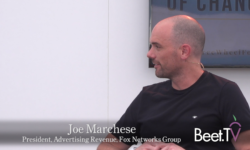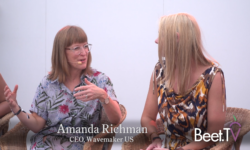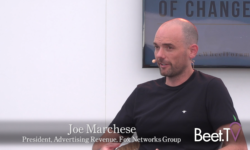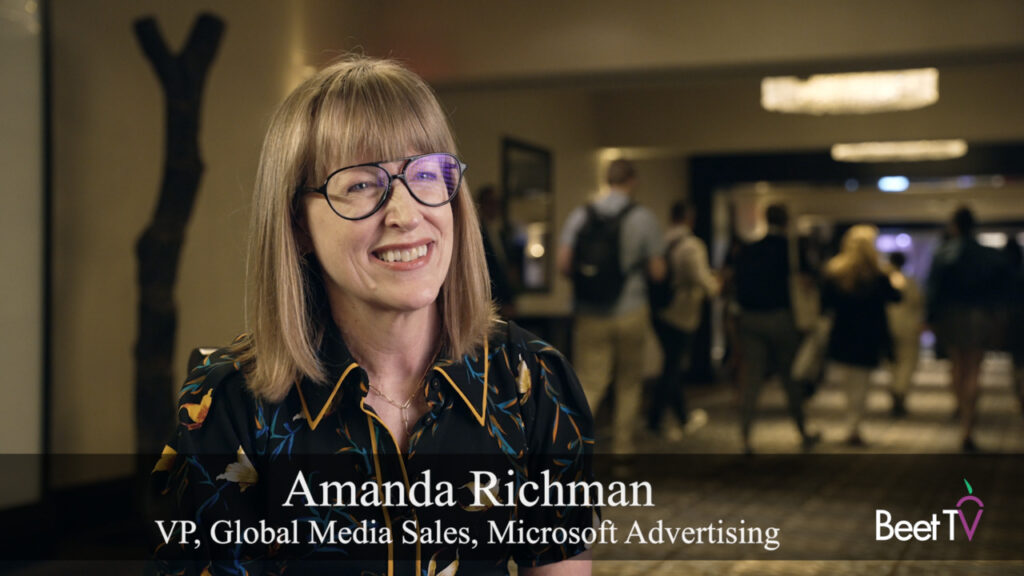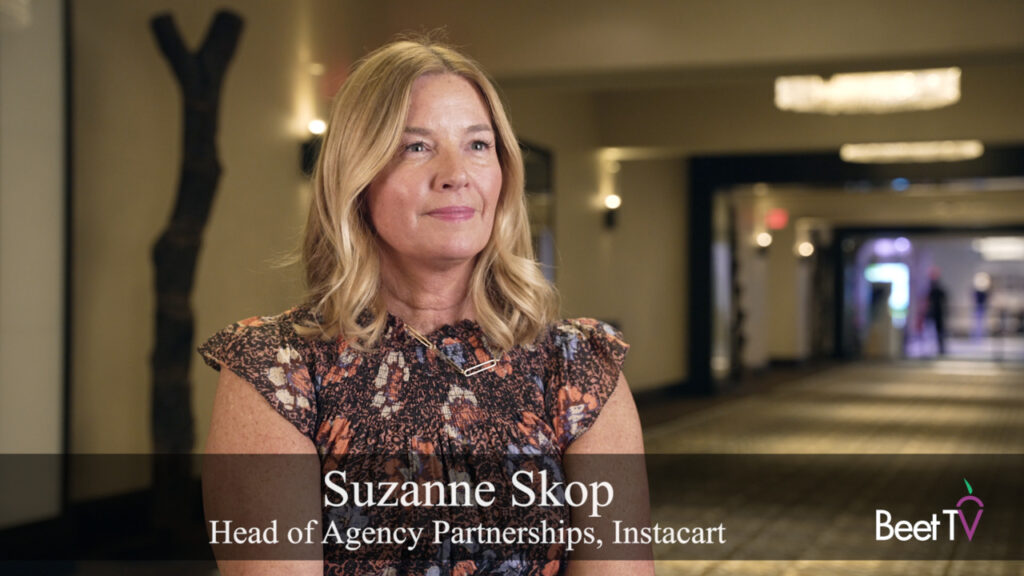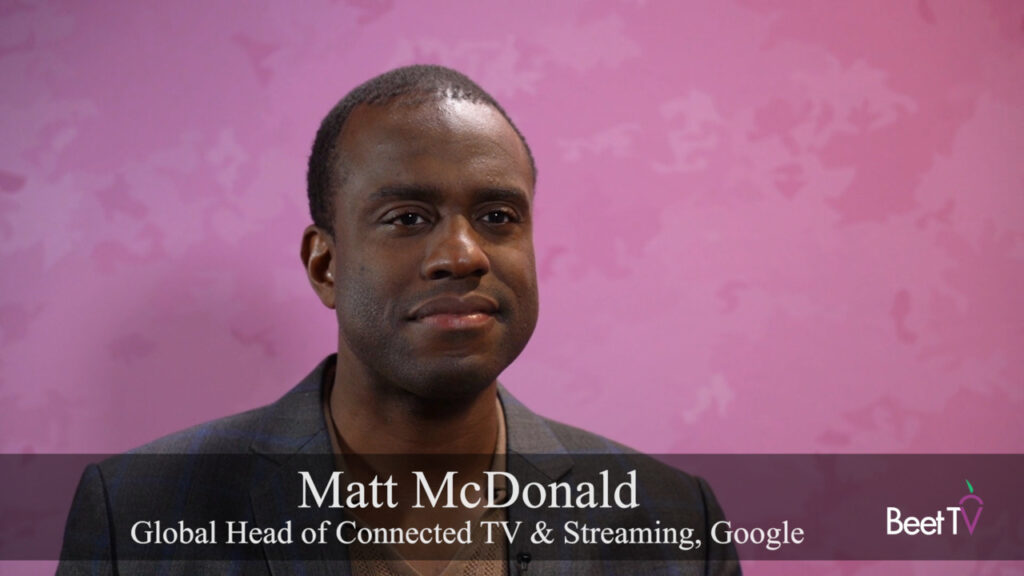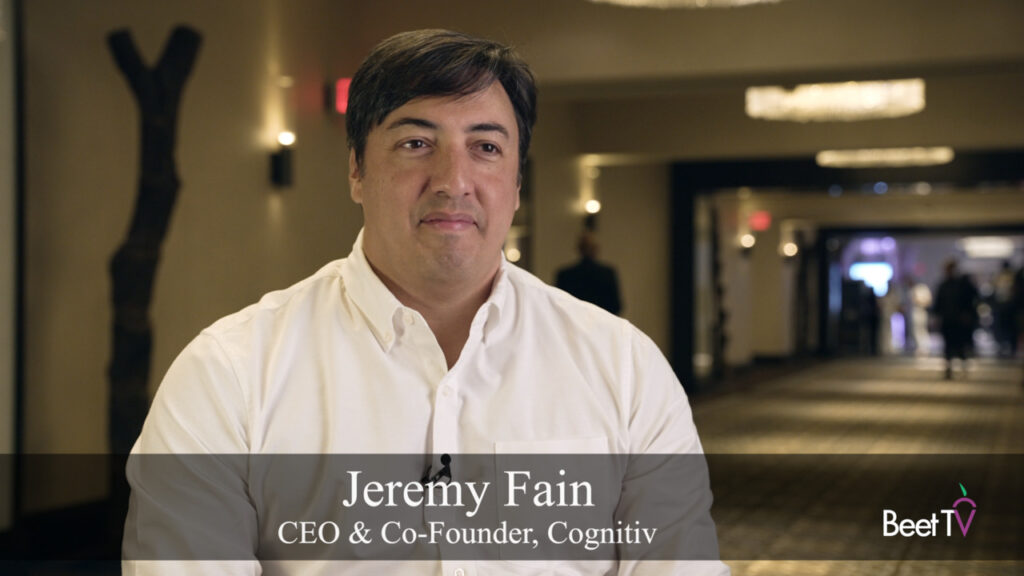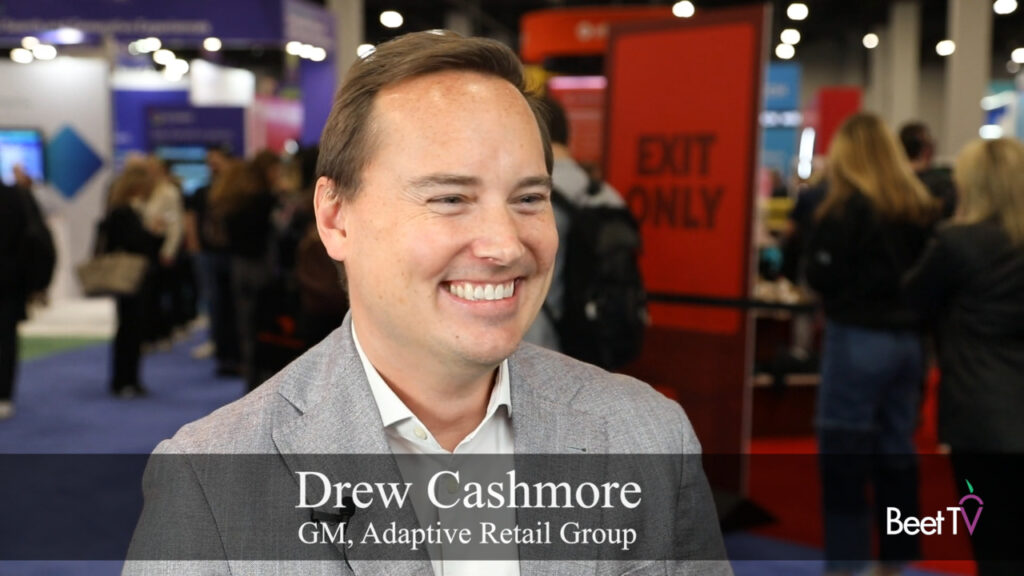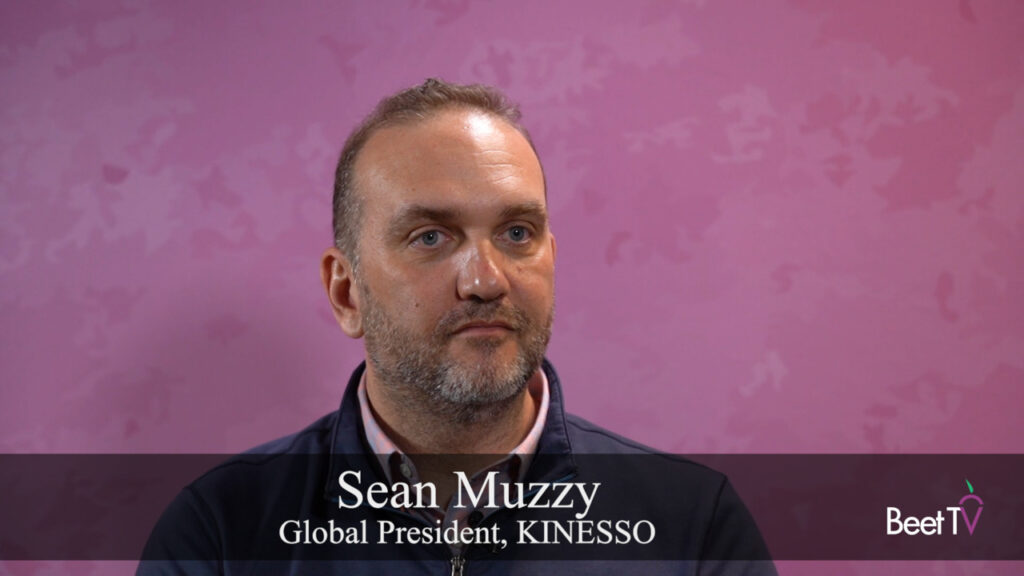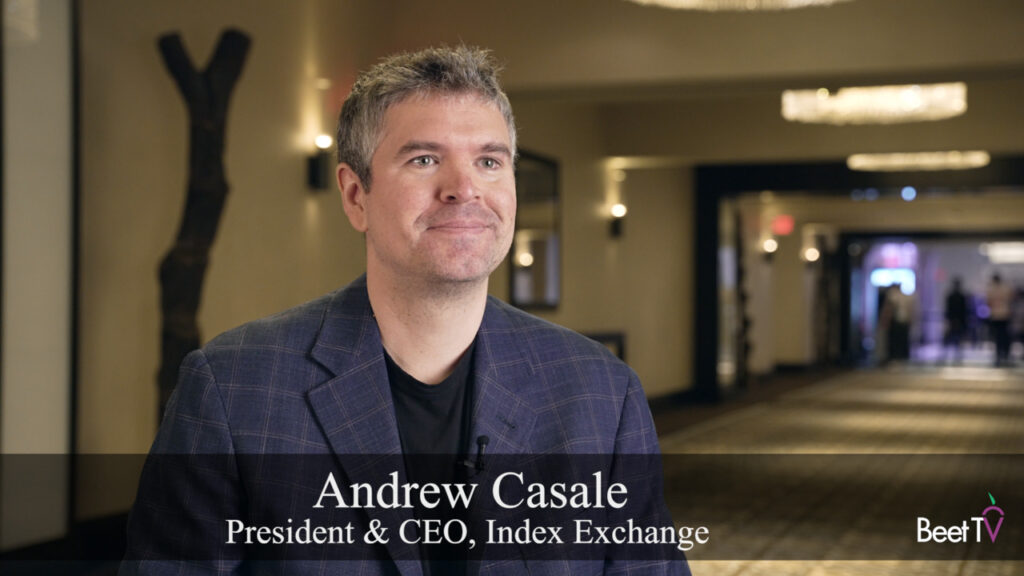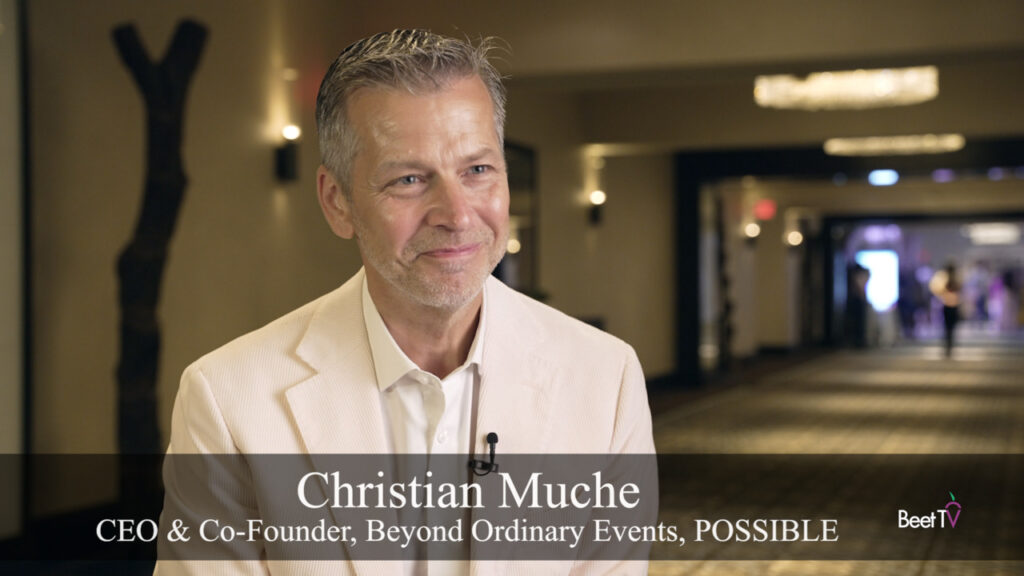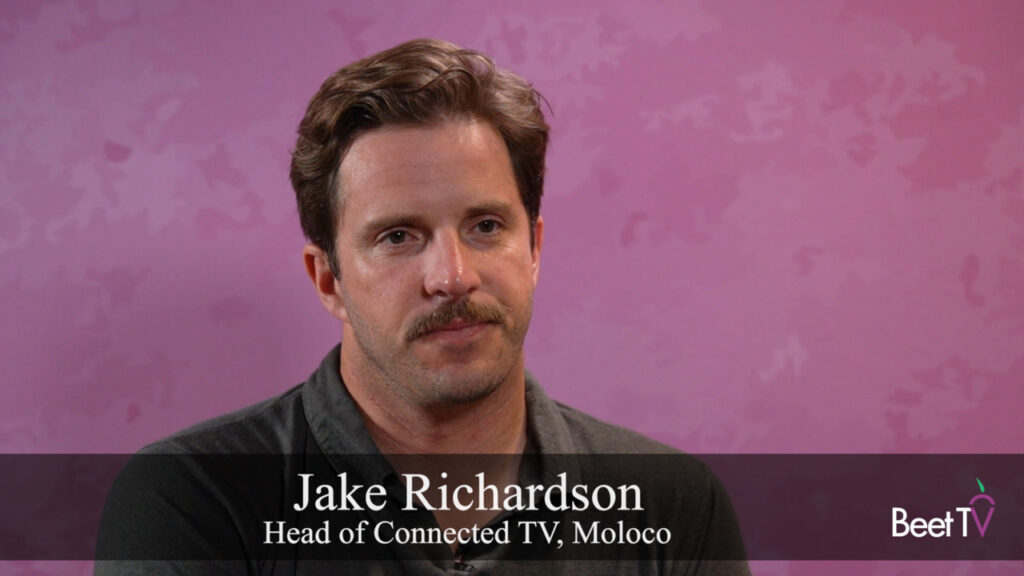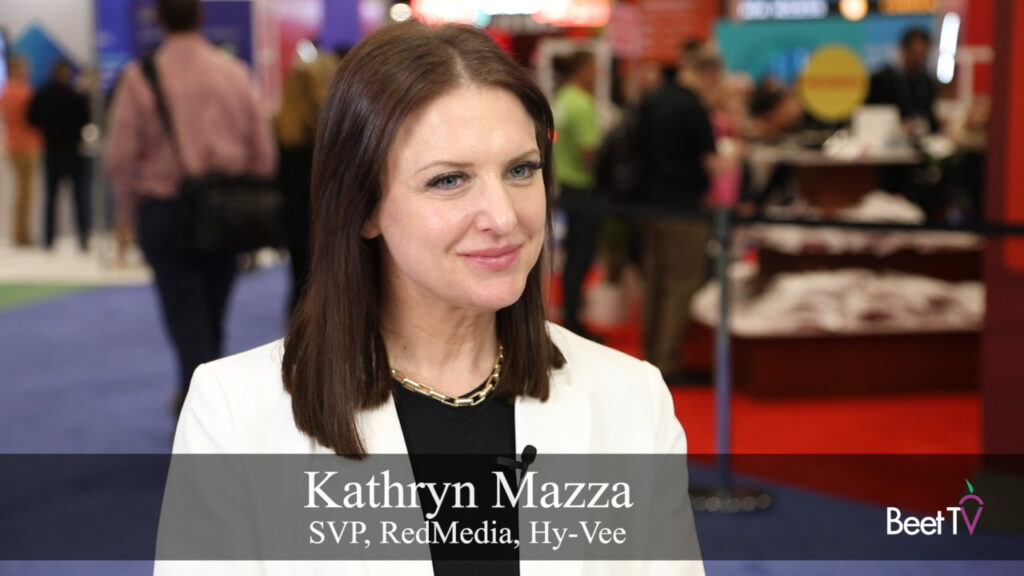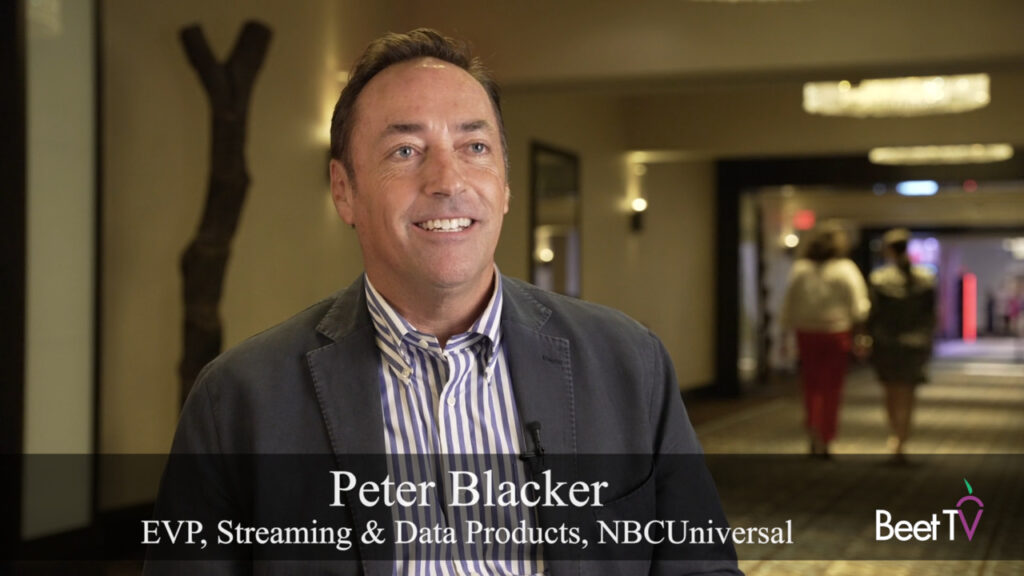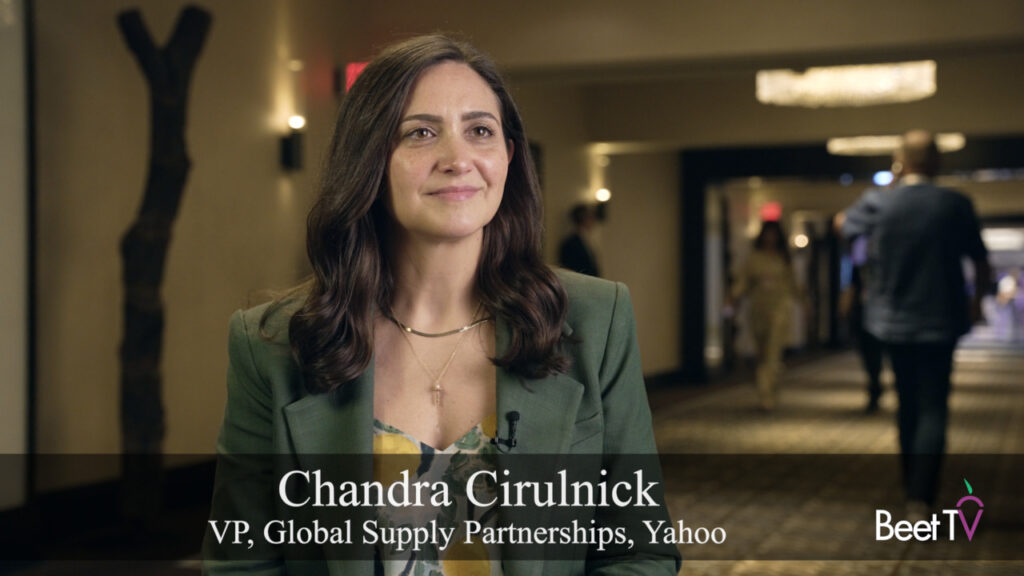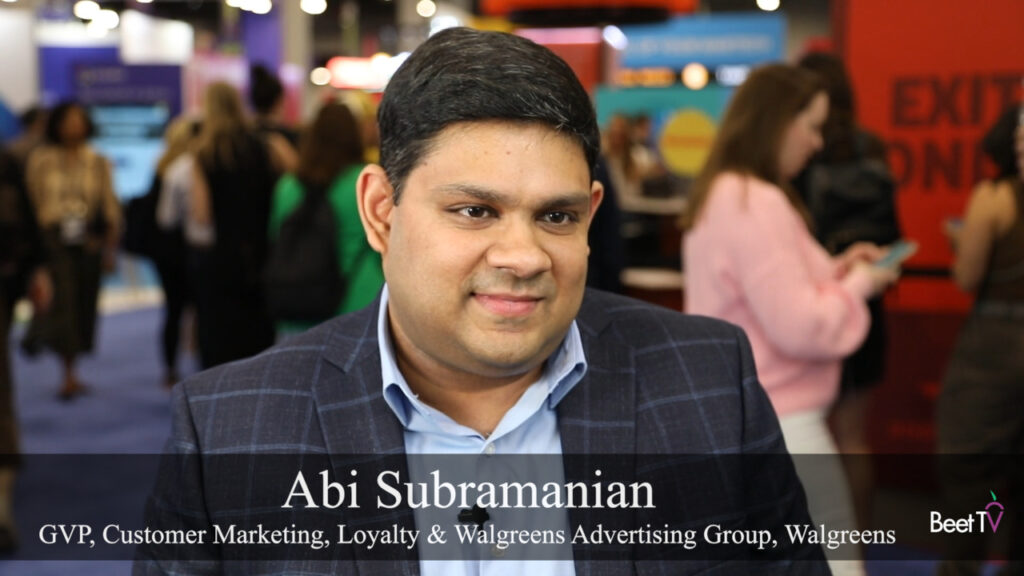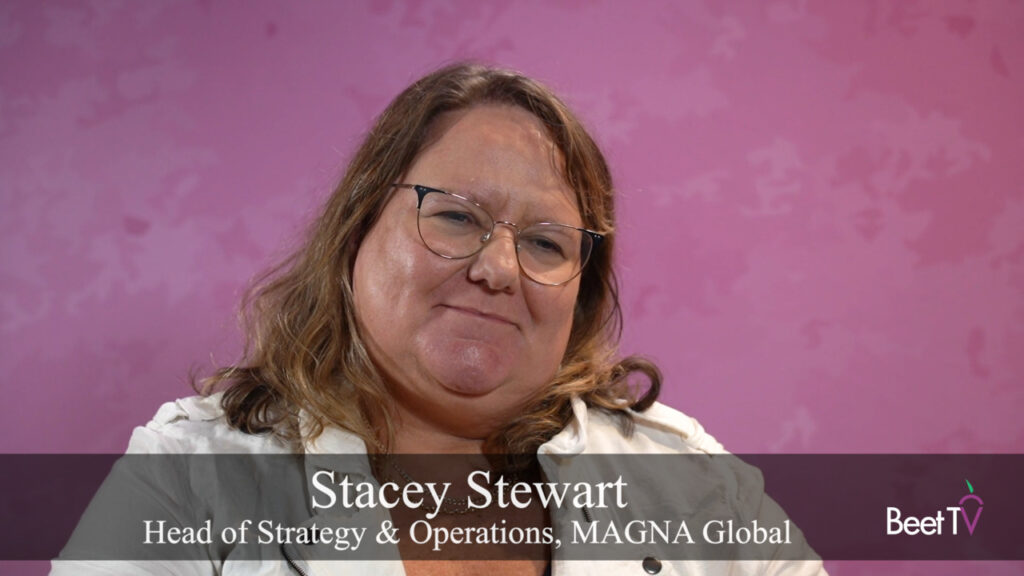CANNES – IRI has almost 400 million reasons why television should no longer be planned and bought based on traditional age/gender metrics and related proxies. That’s the number of consumer loyalty cards the company can access to discern what virtually every U.S. household purchases offline.
But until recently, data from those cards has taken a back seat to the traditional buying and selling of TV ad inventory. According to Nishat Mehta, President of IRI’s Media Center of Excellence, the industry had been on a trajectory that simply wasn’t sustainable.
“The notion of accountability starts with making sure that the consumer was receiving what we thought was best for them, and then second that what we think is best for them is actually based on accurate knowledge of who that consumer is,” Mehta says in this interview with Beet.TV at the recent Cannes Lions International Festival of Creativity. “And I think we had been following a path where neither of those was really being met. That ultimately leads to a consumer who is angry at the advertising industry and ultimately will shut us off.”
Mehta considers the new European Union GDPR initiative to be a “multi-year effort to clean up the industry” and the challenges of Facebook and other digital companies as paving the way for needed changes. Namely, to take lessons from digital targeting and bring them to TV.
“We believe very strongly in the notion of optimizing linear TV,” he says.
And while he’s hardly the first to suggest that age/gender demos for TV targeting are past their prime, IRI is offering “a set of capabilities focused around data and accurate data to the market that allow television to now be bought on sold on what people actually do rather than what we think they do.”
This is where data from the nearly 400 million loyalty cards come in, representing about 110 million households. “We have significant penetration across virtually every household in the U.S. about the types of products that they actually purchase in the physical world,” says Mehta.
Asked to summarize his Cannes experience, he thinks it’s shifting more toward adtech and “a little bit away from the actual advertisers. I hope that’s not a trend we see going forward. I hope we do see some balance coming back.
“I think we need to continue to remind ourselves who we work for. At the end of the day, it’s the consumer represented by the advertiser and if we don’t watch out we’ll lose track of that.
This video is part of a series produced by Beet.TV at Cannes Lions 2018 about advertising accountability presented by Mediaocean. Please find more videos from this series here.















